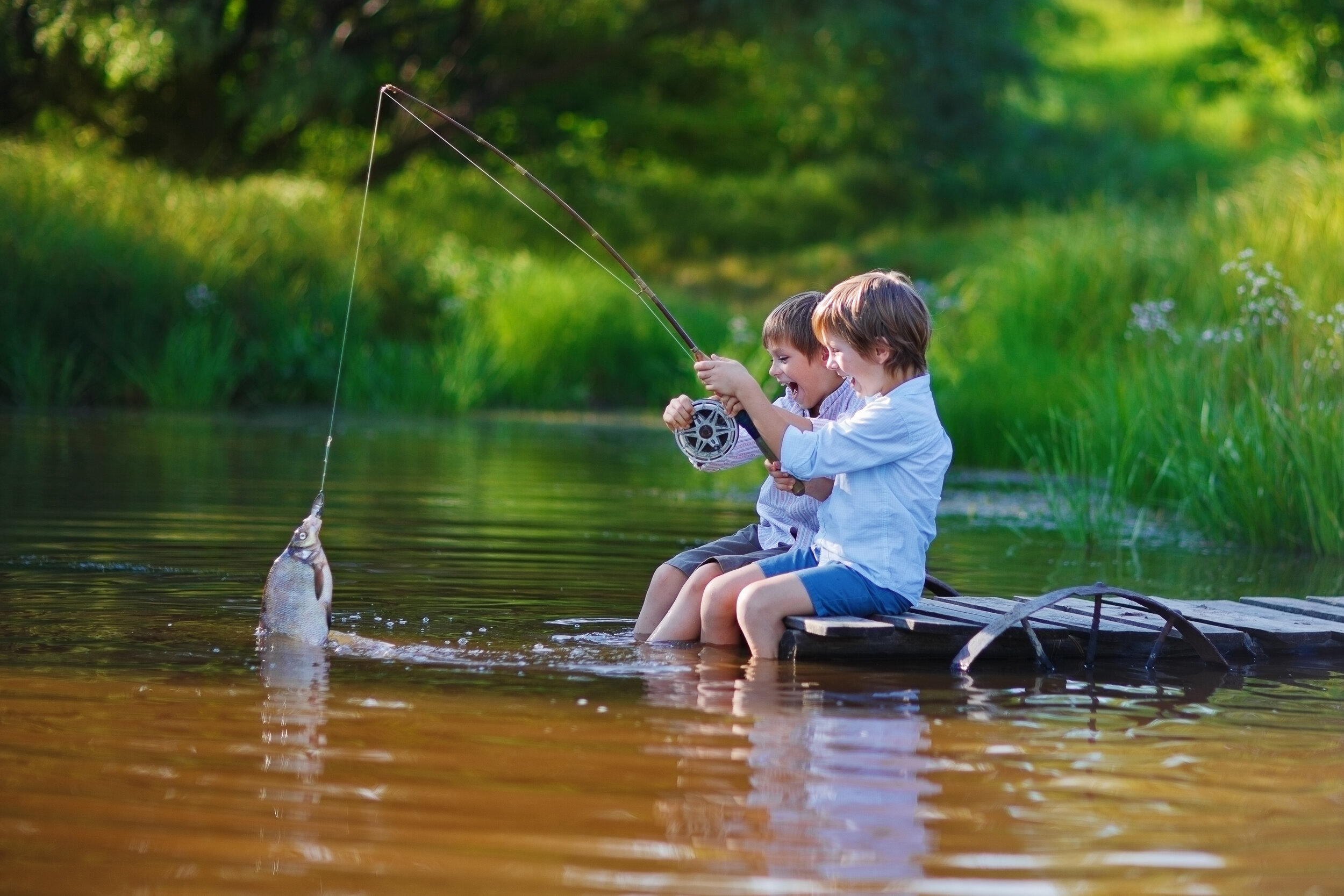Sharks are cold-blooded, that means they don’t feel pain, right? WRONG.
Naturally, we don’t tend to give much care or compassion to something we are scared of, but that is often due to a lack of understanding.
Sadly this is the case for sharks. Mostly they stay in the feared and misunderstood section of people’s minds. Therefore, there is no interest in learning more about them and certainly no interest in actively trying to protect these fearsome and scary animals. The reputation of sharks as mindless man-eaters has developed not through facts or truth, but through sensationalised headlines and shark-based horror films, both of which are trying to sell something. Unfortunately, their use of fear tactics and catchy headlines to encourage you into a sale has led the majority of the population to develop a fear of an animal that they know very little about.
I had a great question on one of my talks recently, which inspired the title of this blog…
“Aren’t fish cold-blooded meaning they can’t feel anything?”
This is a very interesting question, as there is no biological link between whether an animal is cold or warm-blooded, and whether they feel pain or how intelligent they are. However, we do use the term ‘cold-blooded’ to describe something heartless and with no feeling, but when it comes to animals this is not the case. But does this misinterpretation have an effect on how we picture certain cold-blooded animals?
This question brings me onto a really interesting topic that I believe most people just don’t think about - the assumption that sharks don’t feel pain.
This assumption seems to be applied to all fish, not just sharks, and is probably subconscious for most people.
“Sharks are beautiful animals, and if you’re lucky enough to see lots of them, that means that you’re in a healthy ocean. You should be afraid if you are in the ocean and don’t see sharks. ”
The fact is, we relate pain to noise. To us, the amount of noise something makes, the more pain it is in. For example, if I hit my shin on a table, I’ll probably say “ouch”, however if I drop a table on my toe I’m going to scream out in pain. We relate the amount of pain to the volume of the noise. Now, sharks and other fish don’t make vocal noises out of water, they aren’t designed to be out of water and even in the water their communications are generally a lot more subtle than those made by animals on land. Due to this lack of noise, we consciously or subconsciously don’t link the fish with being in pain. Even with a large hook going through its mouth and being held up by just this hook through the cheek, we still don’t link this fish with suffering. It has, however, been proven many times that fish and sharks do feel pain in very much the same way as land animals.
So, let's correct some assumptions that people may have after only reading about sharks in newspaper articles and watching films like Jaws. Firstly, sharks fatally wound very few people around the world, with an average of 6-10 people each year. This number is extremely small if we compare it to many other animals or even inanimate objects that do kill more people a year, such as elephants, crocodiles and vending machines! This number is even more impressively small if we consider the amount of interactions that humans and sharks have on a regular basis.
There are hundreds of thousands of people in the oceans every year, swimming, snorkelling and surfing etc. Yet only a minuscule number of these have a negative interaction with a shark. This is primarily due to the fact that sharks do not see us as food. We are not on the menu and the vast majority of sharks will actively avoid humans in the water as they see us as a threat or another predator. To really put the behaviour of sharks into context, every year thousands of people go diving or snorkelling with sharks around the world without a cage or any protection. You would not be able to walk through the savannah past a pride of lions as it would be extremely dangerous and yet we do this with sharks on a daily basis without any problems.
How can you help?
Share the facts: Sharks are not as dangerous as most people think. The films and newspapers are misleading and often highly inaccurate or exaggerated.
Help protect sharks: By supporting or volunteering with shark conservation organisations and by spreading accurate information about sharks to help them reach new/more people. If you ever get the opportunity go diving to see how sharks truly behave in their natural habitat.
Understand that everything is interconnected: Without keystone species ocean ecosystems collapse, and we NEED the oceans because…
Learn more about how you may be unknowingly supporting the killing of thousands of sharks each year in my blog “Fish are friends not food”
““In the end, we will conserve only what we love, we will love only what we understand, we will understand only what we are taught””




